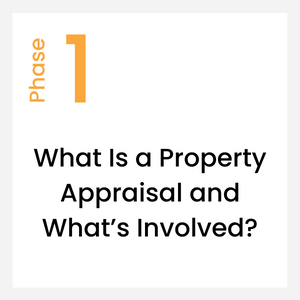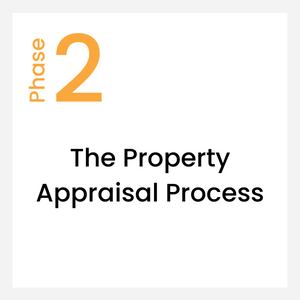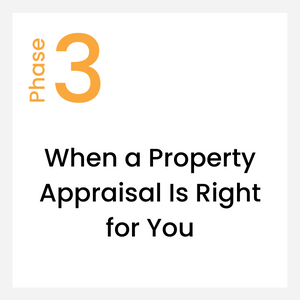02.
The property appraisal process
It is a simple process to get a property appraisal.
Step 1
Book your property appraisal
Property appraisals are nearly always free. Your local real estate agent is the best person to invite as they will be able to give you a good understanding of your property’s worth.
Step 2
Relax about the state of your home
You don’t need to worry about styling your home for a property appraisal. Real estate agents are experts at seeing through the general household clutter. They are more interested in looking at the size of the property, the number of bedrooms, the number and quality of bathrooms, the kitchen, the overall building structure and its condition.
So don’t stress about the pile of kids' toys on the floor, or the basket of washing that hasn't been put away…relax, have a cup of tea and simply show the agent through your home – warts and all.
Step 3
The real estate agent home visit
Once the real estate agent is at your property, they’ll likely have a good look around and ask you a few questions. Always be honest, especially about any renovations or upkeep you’ve done over the years. There will also be a chance for you to ask the agent any questions you may have. Some questions you may ask include:
- What kind of experience do they have?
- What is their knowledge of the local market?
- How do they plan on marketing your property?
- What recent results have they had?
- What’s their commission?
- Can they provide references?
Of course, there are many more questions you can ask. Don’t be afraid to say what’s on your mind. Remember, you need to be comfortable with the agent. They are, after all, selling your most important asset.
Step 4
Property appraisal figure and supporting documentation
The real estate agent will come back to you with the figure they believe is accurate for the market, area, and property. This will include supporting documentation such as local sales of comparable properties within the last 90 days and a summary of wider market trends.








.jpg)
.jpg)
.jpg)
.jpg)
.jpg)
.jpg)
.jpg)
.jpg)
.jpg)
.jpg)
.jpg)
.jpg)
.jpg)
.jpg)
.jpg)
.jpg)
.jpg)
